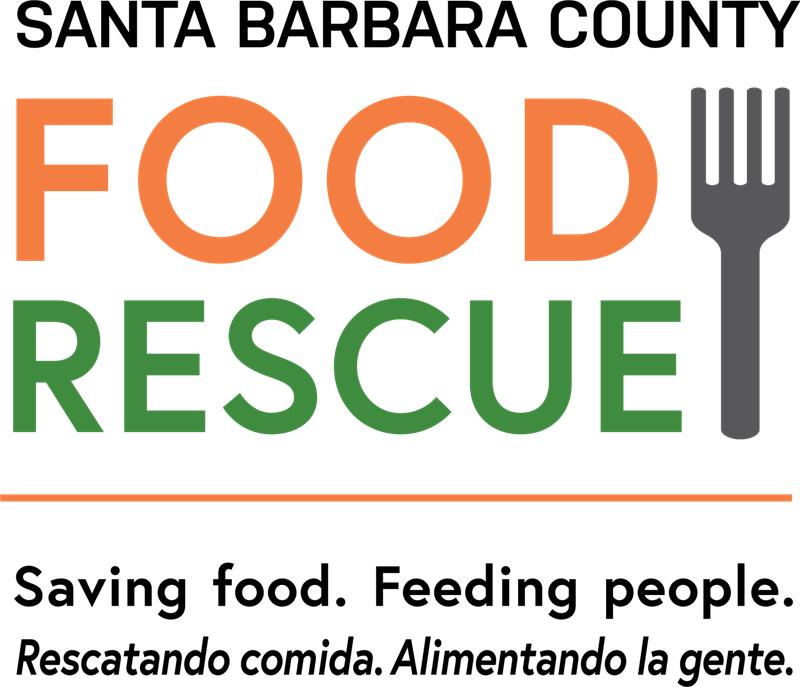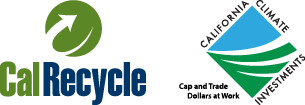INFORMATION ON LAWS AFFECTING FOOD DONORS
AB 1219: California Good Samaritan Food Donation Act
In 1988, California passed its first law to limit the liability of food donors that donate to nonprofit charitable organizations and food banks.[1] In October 2017, the Legislature passed a bill known as the California Good Samaritan Food Donation Act or AB 1219 [2] to further encourage food donations and to clarify and expand the existing protections for food donors. The Act is effective as of January 1, 2018.
The Act provides limitations on liability for food donations made by any person, gleaner, or food facility.[3] Under the Act, a person, gleaner, or food facility that donates food that is fit for human consumption is not liable for any injury resulting from the consumption of donated food. Liability results only if the injury is the result of the gross negligence or intentional misconduct of the donor in the preparation or handling of the donated food.[4] Gross negligence, the more lenient of these two standards, requires a lack of even scant care or an extreme departure from the ordinary standard of conduct.[5] Thus, if a person, gleaner, or food facility exercises even scant care, there is immunity from liability under the Act.
The protections under the Act apply even if the food has exceeded the labeled shelf life date recommended by the manufacturer; however, the Act distinguishes between non-perishable and perishable food.[7] If the food is non-perishable, immunity under the Act applies.[8] If the food is perishable, immunity attaches so long as the person that distributes the food to the end recipient makes a good faith evaluation that the food is wholesome.[9] Learn more.
REFERENCES
[1] See 1988 Cal. Legis. Serv. Ch. 735 (S.B. 2427) (adding Section 1714.25 to the California Civil Code and adding Article 18 (commencing with Section 27900) to Chapter 4 of Division 22 of the California Health and Safety Code).
[2] See 2017 Cal. Legis. Serv. Ch. 619 (A.B. 1219).
[3] Cal. Civ. Code § 1714.25. A “person” includes individuals, manufacturers, wholesalers, retailers, restaurants, caterers, hotels, schools, hospitals, corporations and other business entities, among others. Id. § 1714.25(d)(5). A “gleaner” is a person who harvests an agricultural crop for free distribution. Id. § 1714.25(d)(3). A “food facility” is an operation that stores, prepares, packages, serves, vends, or otherwise provides food for human consumption at the retail level. Id. § 1714.25(d)(2); Cal. Health & Safety Code § 113789(a).
[4] Cal. Civ. Code § 1714.25(a).
[5] City of Santa Barbara v. Super. Ct., 41 Cal.4th 747, 754 (2007).
[6] Cal. Civ. Code § 1714.25(a); Cal. Health & Safety Code § 114433.
[7] Cal. Civ. Code § 1714.25(a); Cal. Health & Safety Code § 114433.
[8] Cal. Civ. Code § 1714.25(a); Cal. Health & Safety Code § 114433.
[9] Cal. Civ. Code § 1714.25(a); Cal. Health & Safety Code § 114433.
The Federal Bill Emerson Good Samaritan Food Donation Act
Although it is widely unknown, the Bill Emerson Act was signed into law in 1996 to encourage the donation of food and grocery products to nonprofit organizations for distribution to individuals in need. The Act provides a federal baseline of protection for food donors [1] and is actually quite protective of donors, not holding a donor liable unless the donor acts with gross negligence or intentional misconduct. Donors are protected as long as certain criteria are met, which are listed in the link above. Learn more.
REFERENCES
[1] Harvard Food Law & Policy Clinic, “Legal Fact Sheet: The Bill Emerson Good Samaritan Food Donation Act,” accessed December 15, 2021, https://chlpi.org/wp-content/uploads/2013/12/Emerson-Act-Legal-Fact-Sheet.pdf
Safe Surplus Food Donation Toolkit
Written in January 2018 for California environmental health departments, the Safe Surplus Food Donation Toolkit contains important information about liability protections, state mandates, and safe surplus food donation practices to guide food facilities in safe excess food donation practices. It is recommended that environmental health departments utilize these resources as deemed fit. Access the toolkit.
INFORMATION ON CALIFORNIA STATE ORGANICS REGULATIONS
SB 1383: Short-Lived Climate Pollutants (SLCP): Organic Waste Methane Emissions Reductions
Signed into law in 2016, California State Bill 1383 focuses on reducing emissions from short-lived climate pollutants, such as methane. The Bill aims to achieve two goals:
- A 50 percent reduction in the level of the statewide disposal of organic waste from the 2014 level by 2020 and a 75 percent reduction by 2025
- At least 20 percent of currently disposed edible food must be recovered for human consumption by 2025
CalRecycle has regulatory authority to ensure these targets are met. This bill bolsters California’s goals to reduce greenhouse gas emissions and air pollution statewide. In regards to the second goal, the law separates mandated food donors into Tier 1 (wholesale food vendors, food service providers, distributors, and grocery stores) and Tier 2 (hotels, restaurants, event venues, state agency cafeterias, and education and health facilities). Tier 1 donors must donate their excess edible food by 2022 and Tier 2 donors must donate their excess edible food by 2024.[1] Learn more.
REFERENCES
[1] CalRecycle, “Food Donors: Fight Hunger and Combat Climate Change,” June 30, 2021, https://www.calrecycle.ca.gov/organics/slcp/foodrecovery/donors
AB 1826 Solid Waste: Organic Waste
Assembly Bill 1826 mandates businesses that generate two or more cubic yards of solid waste per week to recycle their organic waste. Local jurisdictions statewide were mandated to execute an organic waste recycling program to divert organic waste generated by businesses and multifamily residential dwellings that consist of five or more units by January 1, 2016. According to AB 1826, organic waste includes food waste, green waste, landscape and pruning waste, nonhazardous wood waste, and food-soiled paper waste that is mixed in with food waste. Learn more.
Additional Resources
The Global Food Donation Policy Atlas
The Global Food Donation Policy Atlas contains an interactive map with analyses of food donation laws and policies in participating countries worldwide as well as policy suggestions to improve food donation practices in each country. Learn more.
ReFED: California Food Waste Policy
This link includes important information on liability protections, tax incentives, date labeling, and recommendation improvements for food waste policies in California. ReFED’s Policy Finder is a detailed database of information regarding current state and federal food waste policies. Learn more.

